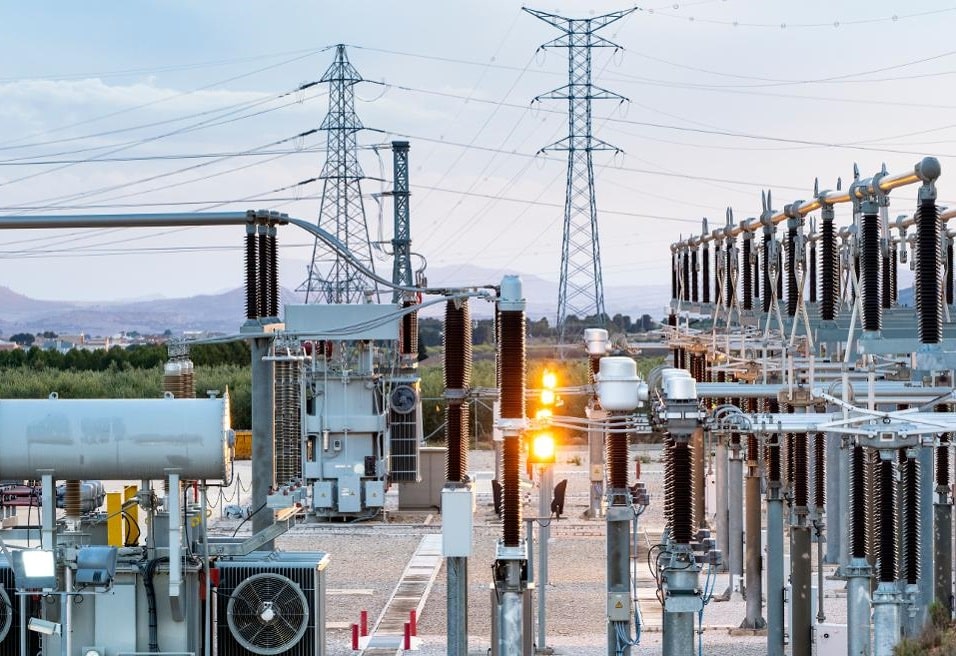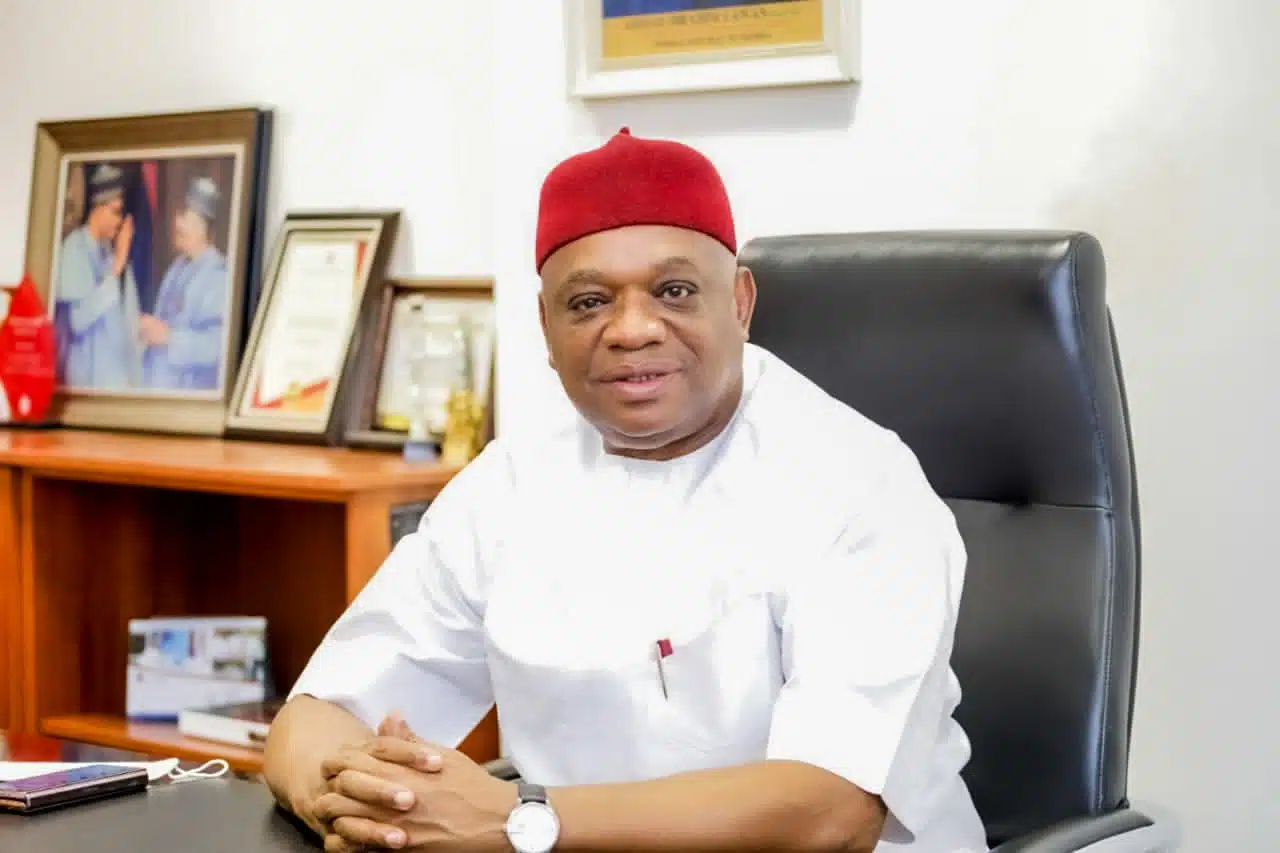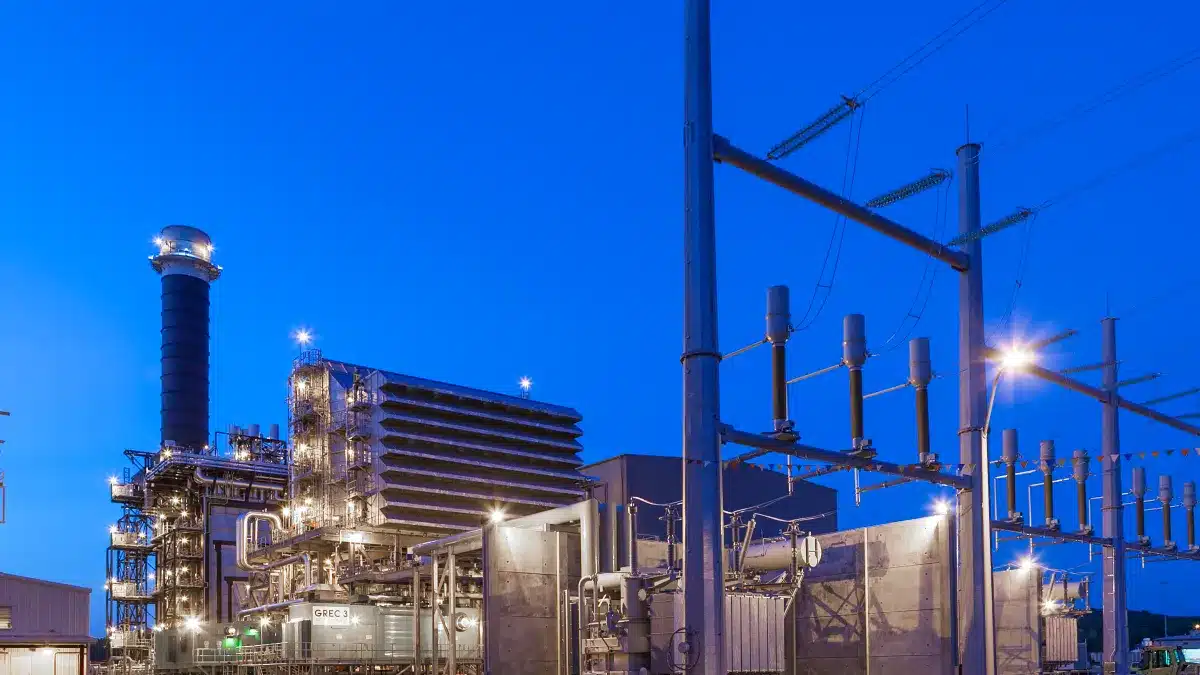Nigeria’s national grid for electricity has collapsed, plunging major cities and commercial areas into darkness and marking the country’s first complete power shutdown of the year.
According to the national grid report on Wednesday, nearly all major Distribution Companies (DisCos) were affected, with only Ibadan DisCo maintaining a minimal supply of 20 megawatts (MW).
DisCos in key commercial and administrative areas includes Abuja, Benin, Eko, Enugu, Ikeja, Jos, Kaduna, Kano, Port Harcourt, and Yola.
“The system is undergoing restoration”, the circular read in part.
This incident follows a similar disruption in February 2025, when a line tripping event briefly cut off power to several regions.
Nigeria uses a centralised grid system that is responsible for most electricity supplies in Africa’s most populous nation.
Energy analysts warn that such collapses continue to expose the vulnerabilities of Nigeria’s electricity grid, which has struggled with frequent outages over the past decade.
Chronic challenges of Nigeria’s power sector
Nigeria, Africa’s most populous nation, has long grappled with an unreliable electricity supply that hampers economic growth and affects the daily lives of its citizens.
Despite its abundant natural resources, including oil and gas, persistent power shortages remain a major constraint.
The impact of unreliable electricity is felt most acutely by households and small and medium enterprises (SMEs), which constitute the backbone of the Nigerian economy.
For SMEs, frequent power outages reduce productivity and increase operational costs. In rural areas, where grid access is limited or non-existent, millions of Nigerians have never had reliable electricity and limiting economic opportunities
Solar energy as an alternative
In response to chronic grid failures, Energy in Africa reported that solar energy has emerged as a practical and sustainable alternative where Nigeria provides abundant sunlight, making solar power systems a viable solution businesses and communities.
Unlike the national grid, solar energy allows users to generate electricity independently, providing consistent power and reducing reliance on expensive fossil-fuel generators.
Experts suggest that increased investment in solar technology could help mitigate the effects of frequent grid collapses and support the country’s broader energy transition goals.









